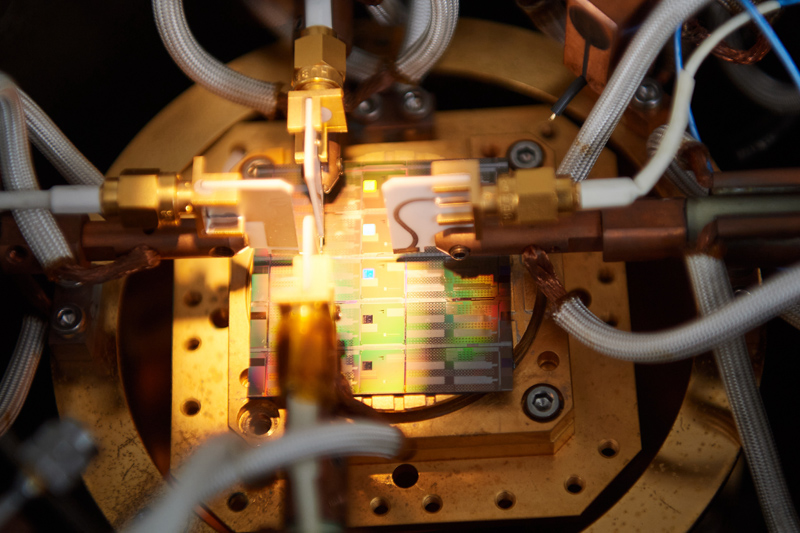Researchers from the CryoCMOS consortium have revealed that they have developed new transistor designs, characterized for 4K and 77K operations. The consortium, led by SureCore and funded by Innovate UK, aims to address the quantum computing challenge of efficiently controlling qubits that only operate at cryogenic temperatures of around 4K, which is of the primary barriers to scaling QC.

The voltage threshold, one of the key parameters of transistors, has a significant effect on its performance at low temperatures. When the temperature decreases, the voltage threshold increases sharply, which forces the selection of low and extremely low Vt (LVt/SLVt) transistors. The FDSOI technology node from GLOBALFOUNDRIES 22nm was specifically selected for the project. The FDSOI technology node allows the Vt to be adjusted by changing the reverse bias, making it an ideal choice for designing circuits for cryogenic environments.
The consortium developed requalified transistor models to create CryoCMOS IP, making it possible to design custom chips that could interact directly with the qubits inside the cryostat at cryogenic temperatures. This approach addresses the current difficulties of separating the chips from the enclosure system, connecting control electronics with the qubits inside the cryostat, and ensuring the necessary low power consumption needed for efficient quality control (QC) devices. The CryoCMOS IP suite includes standard cells, RAM, read-only memory (ROM), and register files.
Innovate UK has provided CryoCMOS with a grant of £6.5m ($9.1m). The aim is to expedite the development of quality control solutions and enable the UK to become a leading centre for quality control. By bringing together the industry's key leaders in the field of QC, the project hopes to deliver results in less than three years instead of the many years it takes to work individually.







